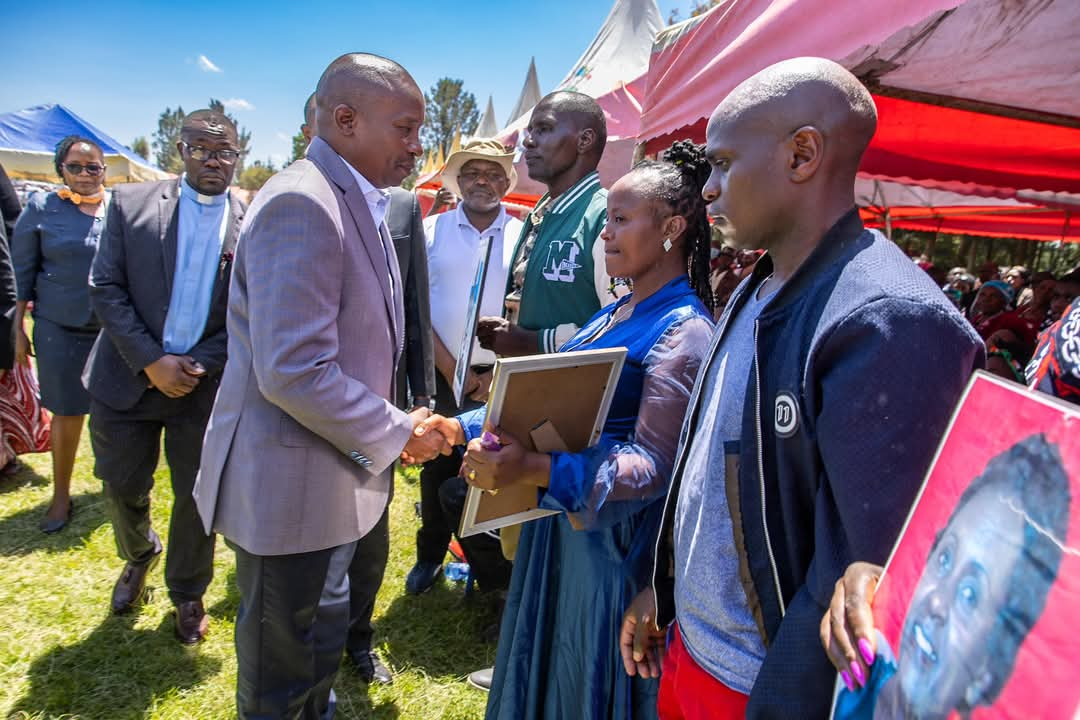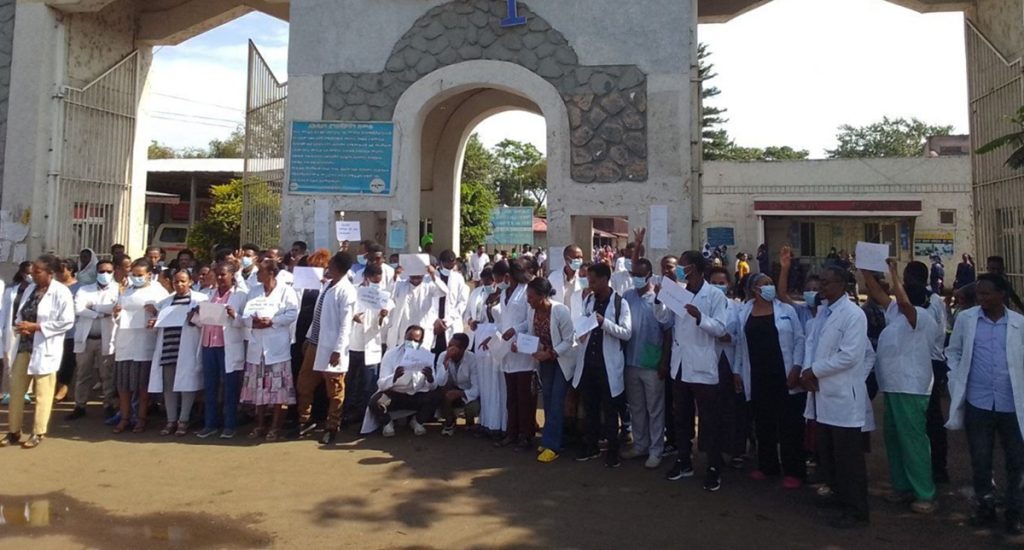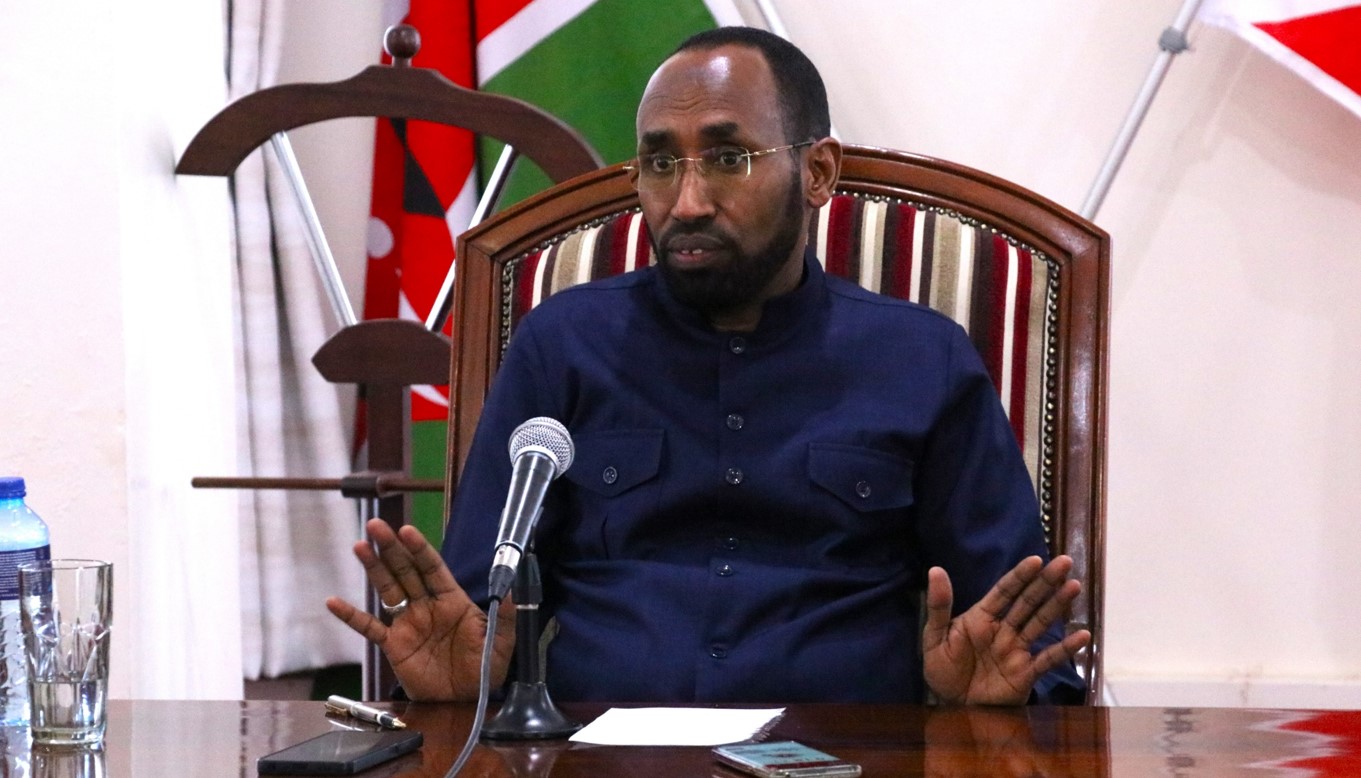Scientists discover two new breast cancer genes in African women

The findings offer new insight into the genetic risks of the disease in African populations and highlight the need for more inclusive genomic research.
Two new breast cancer genes have been discovered in Black African women, marking a major step in understanding the disease in populations that have long been overlooked in global research.
The study, published in Nature Communications, revealed two genetic variants, RAB27A and USP22, linked to breast cancer in Black South African women.
More To Read
- Trapped in isolation: The silent battle of Kenya’s young cancer patients
- Malkia Strikers legend Janet Wanja dies after battling cancer
- African men most at risk of prostate cancer – new study flags genetic causes
- Mombasa County to provide free cancer screening as tribute to late actress Winnie Bwire
- Over Sh20bn worth of cancer drugs distributed to Kenyan hospitals in last three years
- Why counselling is crucial in enhancing uptake of cervical cancer screening
As reported by the Star, the findings offer new insight into the genetic risks of the disease in African populations and highlight the need for more inclusive genomic research.
The research was led by scientists at the Sydney Brenner Institute for Molecular Bioscience. It is the first genome-wide association study of breast cancer conducted among African women living on the continent.
Dr Mahtaab Hayat, lead author of the study, said the results provide critical insight into the genetic foundations of breast cancer in African women.
“These genes have not been associated with the disease before, which is an important advance in understanding breast cancer risk and biology in women of African ancestry,” she said.
Researchers examined thousands of DNA samples and found strong genetic signals around RAB27A, which belongs to the RAS oncogene family, and USP22, which is highly active in breast cancer cells and linked to poor treatment outcomes.
The study also highlights how existing tools for predicting breast cancer risk are not always accurate for African women, since they were mostly developed using data from European populations.
Co-lead author Dr Jean-Tristan Brandenburg said this gap in data has made it harder to accurately predict disease risk in African groups.
“Our study makes a compelling case for investing in genomic research rooted in African contexts,” Hayat added.
Globally, breast cancer is the most common cancer in women. About 30 per cent of cases are linked to genetic factors.
In Kenya, breast cancer accounts for 23.3 per cent of all cancer diagnoses in women, with an estimated 6,799 new cases and 3,107 deaths each year, according to the National Cancer Institute of Kenya.
The institute urges women to go for regular mammograms, carry out self-checks, and lead healthy lifestyles as part of early detection and treatment efforts.
The scientists at SBIMB believe that the newly identified genes could help create more targeted cancer treatments.
“We could potentially target harmful cancer cells while sparing healthy tissue, which is ideally what we want when administering cancer treatment,” said Prof Chris Mathew, lead investigator at the institute.
Mathew added that genes like USP22, which are linked to worse outcomes, might also help doctors know which patients need stronger treatment and closer follow-up.
The study stressed Africa’s rich genetic diversity, which is greater than any other continent, but is still not well represented in global research databases.
Top Stories Today











































